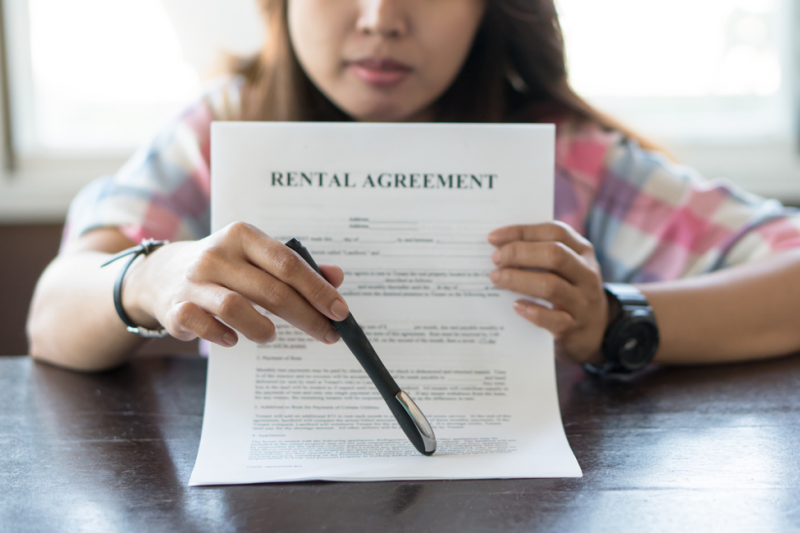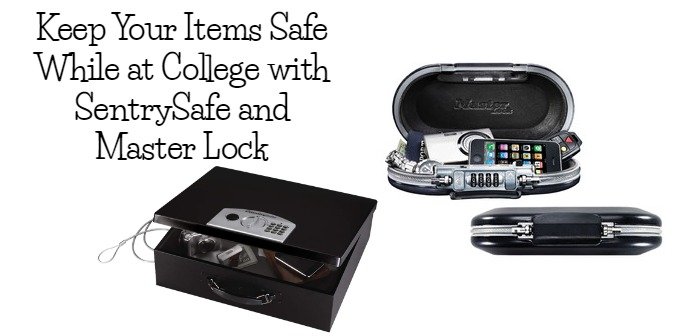What You Need to Know About Renting Out Your House
Renting out your house, either as a short-term vacation rental or long-term as an alternative to selling it, represents a potential source of extra income. However, you can’t just post “for rent” signs on your front lawn or social media and expect everything to just fall into place. There are a number of preparations you must make before renting out your home, many of which are intended to protect both you and potential renters.
Deal with the Legalities
Several locations have either outlawed short-term rentals or have placed stringent restrictions on doing so. Check the laws in your municipality before opening the doors of your home to renters. Assuming that renting out your home is legal, you will need to follow any licensing or parking restriction requirements to the letter.
You may also need to beef up your home insurance and property liability coverage. If you opt to use a platform like Airbnb, you may receive limited host guarantees, but that’s no substitute for maintaining your own policies.
Finally, you should conduct thorough background checks and credit checks on any potential tenants. Don’t hesitate to ask for references from past landlords as well as personal references. Even if everything looks good, it’s not unreasonable to demand a security deposit.
Get Your Home Ready for Tenants or Guests
One of the most important steps for preparing to rent out your home is also the one of the most basic — giving it a deep clean. That means clearing out clutter, scouring the bathroom and kitchen, and polishing up the furniture in family living areas. Appliances should be clean and in good working order. This step is especially important if you are marketing your home as a vacation rental. No one wants to step over piles of dirty clothes or deal with appliances that don’t work anytime, but especially not on vacation. You should also put any fragile or valuable items out of harm’s way to avoid breakage or theft.
Set Up Guest WiFi Access
WiFi access is one of the most desirable amenities for both long-term and short-term rentals. But it’s not a good idea to provide strangers with access to your regular home network. The solution is to set up guest WiFi access on your home network router. Most routers disable guest access by default, so you will probably need to enable guest access manually. The precise instructions vary by router, but in general, the process involves the following steps:
- Establish a wired Ethernet connection
- Find the IP Address of the router
- Search for the modem’s model number
- Log in as administrator
- Activate guest network (intermediate steps may vary)
Don’t Forget Uncle Sam
Just as your city or state may have regulations regarding renting out your home, there are tax considerations as well. By renting out your home, you become a landlord, with many of the legal and tax responsibilities. Consult with a certified public accountant (CPA) or attorney specializing in tax law to determine which tax regulations or tax breaks apply to you.
If you live in your home part time, or rent out only part of your home, you may be able to claim a tax break for the time that you rent out your home. If you decide to create a full-fledged rental business through a limited liability company (LLC), you may qualify for 20 percent pass-through deduction of net business income under the 2018 Tax Cuts and Jobs Act.
Renting Out Your Home
Renting out part of your home or your entire residence for short periods can mean extra cash in your bank account. However, there is more to renting out your home than posting “for rent” notices. Be sure that your municipality allows short-term rentals, and adhere to any licensing or parking restriction requirements. Get your house spic and span, and put valuables and fragile items away. Set up guest access to your home WiFi network to protect your personal files while guests are surfing the web. And don’t forget Uncle Sam — the IRS demands all income to be reported, although you may also qualify for a tax break.




